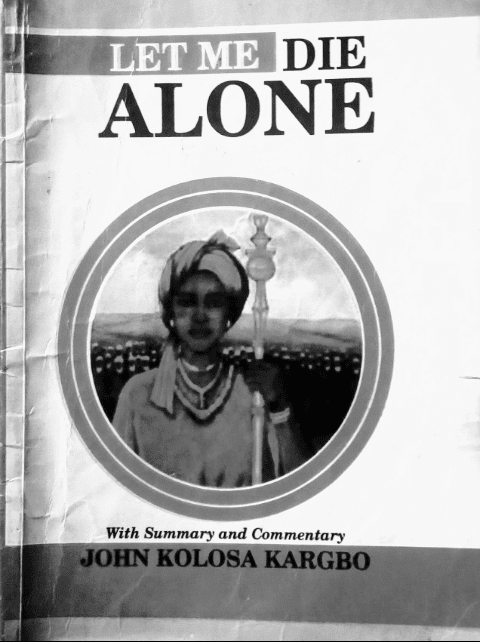How does Neto’s “The Grieved Lands of Africa” portray the circumstances of Africans before and now?
The apparent idea that runs through Agostinho Neto’s poem “The Grieved Lands of Africa” bears on two polar realities.
Certainly, the poem uses a piquant mode of expression to unfurl the African’s di-faceted plight : exploitation and westernisation ; otherwise lamenting the black’s fate as a victim and as an outcast. On the former note, the event suggests a macabre phase in which the sufferer endured the duplicity of superiority, and on the latter, suggests the vacuous paradigm by which he has been conditioned to live. It is around this explicitly given conditions that the circumstances of Africans revolve as deduced from the poem.
First, “the tearful woes of ancient and modern slave” suggests the practical, and realised slavery of Africans. It goes without saying the historical record of Africa’s over four hundred years of servitude to Europe where these natives were inhumanly transported to Europe in their millions by sea. This movement which was geared towards a gruesome exploitation through and through is unimaginable as it established –in the height of it – a racial tension between the two continents, making Africa scamper through the essence of her being an expandable commodity in Europe. This is what the poet calls the ” degrading sweat of impure dance” (l.4, stanza 1) as a prominent measure of Africa’s grief.
Second, the continent experienced a repugnant rapine in the second phase of her commodified existence when colonialism was lashed on her. It is needless to say here the echoing laments of African writers in a voluble voice against the event. As a matter of fact, the socio-economic consequence of that phenomenon is today a first rate bane in most African countries as redolent in their romanticist, and atavistic, expressions of a defined misfortune which is “the stunning perfume of the Flower/Crushed in the forest” ( ll. 7-8) .
In addition, poets and novelists have sought to portray the natural state of the continent’s economy within the lens of the pervading imbroglio to decry the unpalatable fate the African has through a warped destiny been fated for “by the wickedness of iron and fire”. All this points to the torturous nature of Africa’s condition before it came to the full glare of civilisation.
Furthermore, the poet also views Africa’s grief as reflecting the untoward consequence of westernisation which is a comprador of colonialism. The African has been made to dance to Europe’s tune by jettisoning –consciously or unconsciously – their indigenous culture. Africa, unconscious of the supercilious nature of her ravisher’s ideals, is today subjected to western ideals in deeds and other noticeable definitions of humanity. This clash of cultures and ideals is a reverberating and recurrent theme in many post-colonial African literature whereby the African mind, they posit, is recolonised and retrogressive, as exemplified in the archetypes presented in some of these works.
Lastly, Neto’s poem, undertoning lament and optimism, suggests the averring of a striking fact ; Africans remain unfazed, and retain their dignity – more is the effusive note of the latter resolve. It can also be deduced that he uses the security of his expression to answer the questions posed by most post-colonial African literature on whether the African can ever maintain a foothold again on these matters goading his consciousness .
On the whole, the poem appears to be a lucid portrayal of the inveterate circumstances of Africa, weaving thoughts between pessimism and optimism; resentment and resolve. It is on this backdrop that we can derive a constructive criticism on the status quo which in unambiguous terms, Neto shows the unquestionable innocence and the resolute participation of the native in bearing a functioning dignity “of the grieved Lands of Africa”.
Read Also:
- Poem: THE GRIEVED LANDS OF AFRICA by Agostinho Neto
- Content Analysis of Agostinho Neto’s THE GRIEVED LANDS OF AFRICA
- Themes in Agostinho Neto’s THE GRIEVED LANDS OF AFRICA
- Language Use and Figures of Speech in Agostinho Neto’s THE GRIEVED LANDS OF AFRICA
 WHATSAPP: Click HERE to join the new Literature PADI WhatsApp group to receive latest updates on your phone and for further literary discussions!
WHATSAPP: Click HERE to join the new Literature PADI WhatsApp group to receive latest updates on your phone and for further literary discussions!










Thank you for making literature teaching and understanding easy for us ????
Comments are closed.